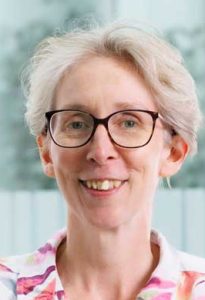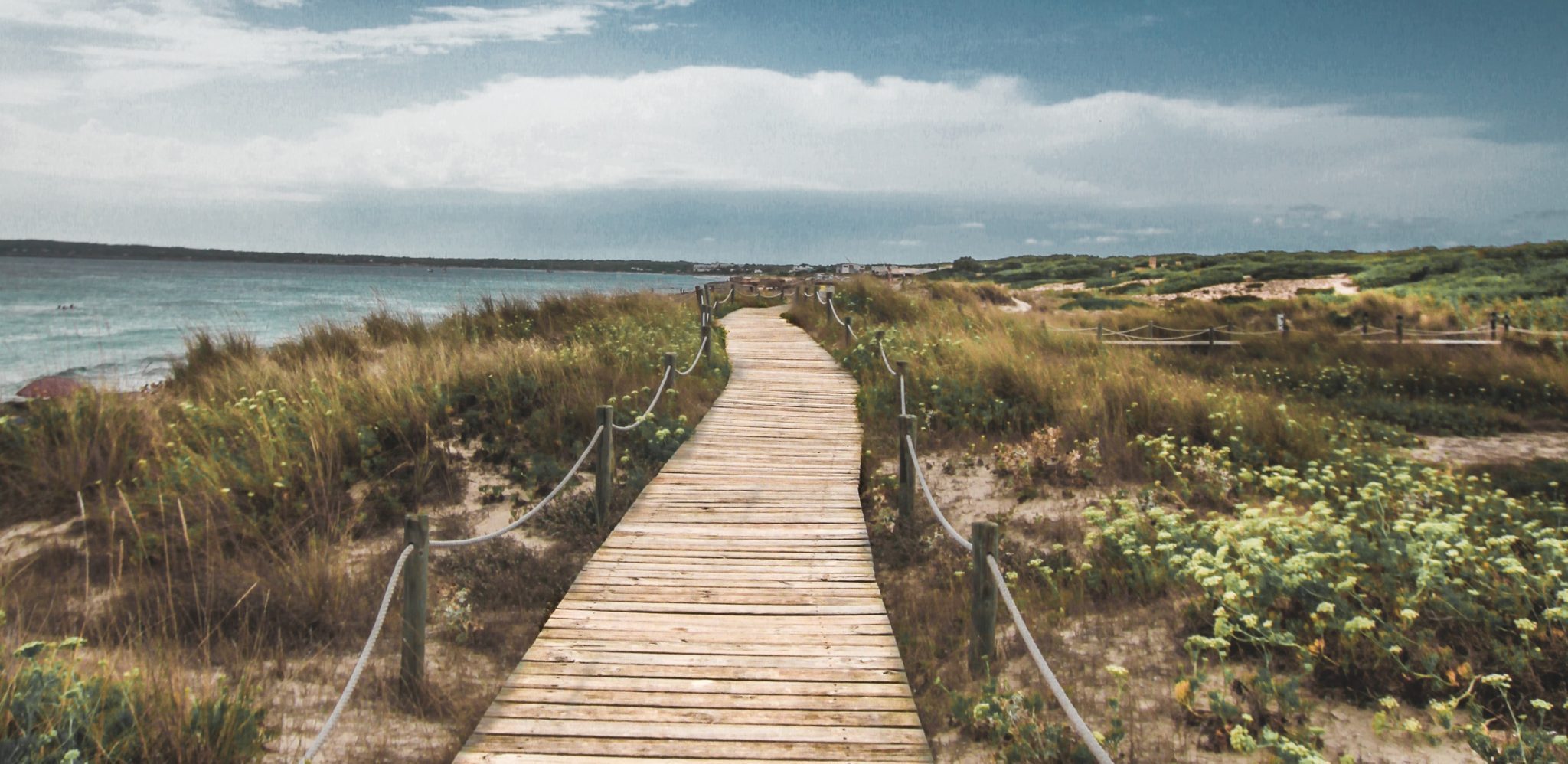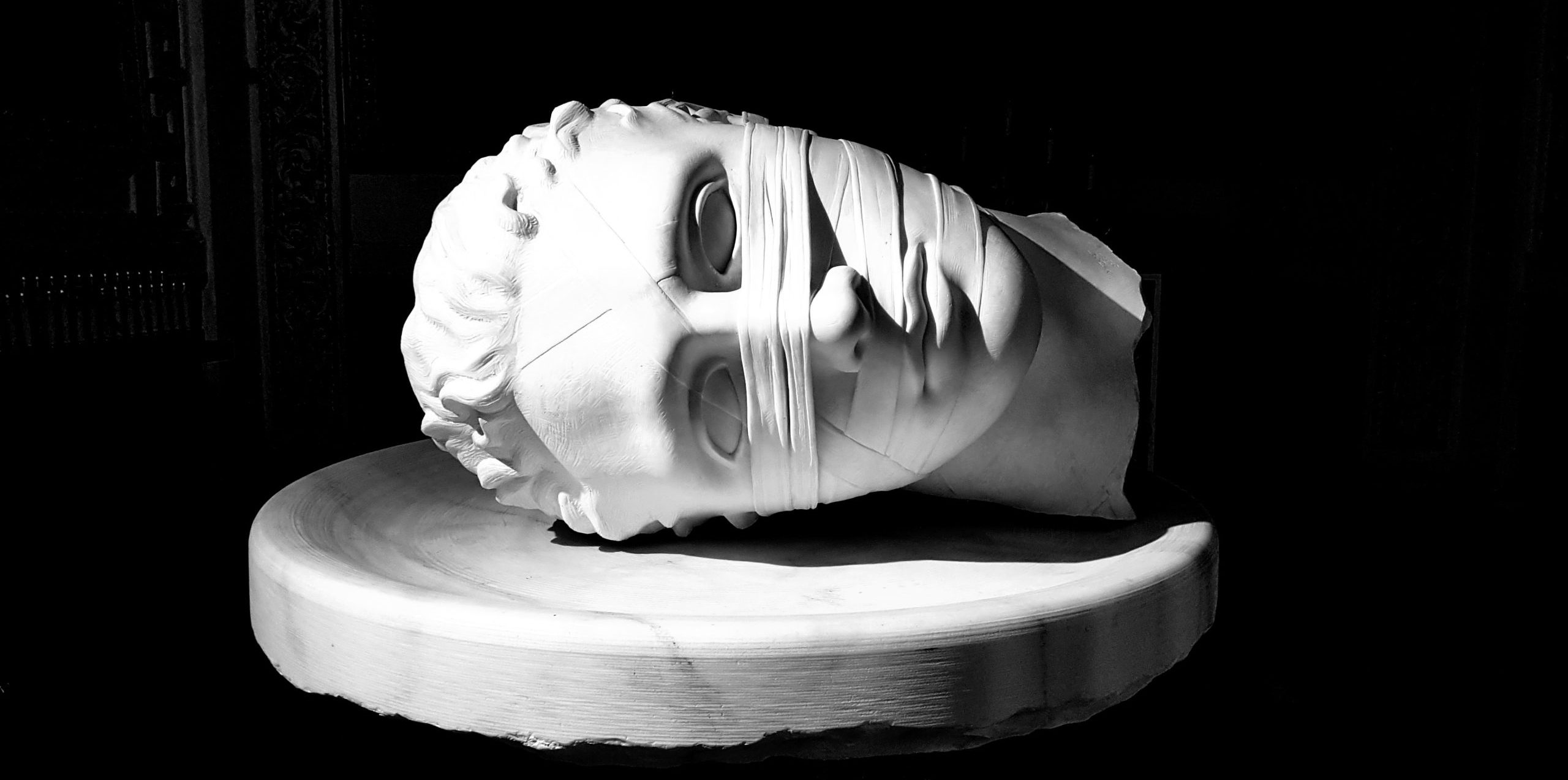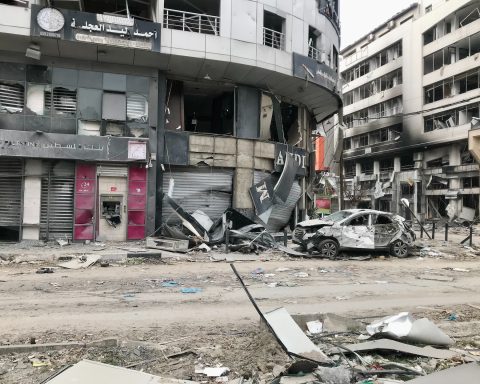 Joanne Reeve is a GP, professor of primary care at Hull York Medical School and leads the @wisegpcouk programme.* She is on Twitter: @joannelreeve
Joanne Reeve is a GP, professor of primary care at Hull York Medical School and leads the @wisegpcouk programme.* She is on Twitter: @joannelreeve
The Royal College of General Practitioners (RCGP) has redefined the role of the GP as a “doctor who is a consultant in general practice”.1 The new definition seeks to update external understanding of the GP role and recognise parity with other clinical disciplines. But some GPs are concerned that becoming a consultant is inconsistent with the essence of being a GP.2 So why is that?
Broadly speaking, the term consultant describes what we do – in “be[ing] consulted for [our] expertise, advice service or help in an area”.3 Our distinct expertise in advanced generalist medicine, together with our extended experience in the community healthcare context, defines the expertise that we bring to a consultation process.
People’s concerns seem to relate not to a title of consultant but to the job description that could come with it. In her article, Salisbury asks, ‘Do I want to supervise staff employed under ARRS roles or do I want to see patients?’2 Perhaps the perception that our job could become defined as supervising allied health professionals is arguably the reason why we most need to re-assert our professional role and status. A consultant orthopaedic surgeon, for example, would supervise trainee surgeons, but not the myriad of allied professionals involved in the extended care of people with orthopaedic problems. S/he may lead a multidisciplinary team, but not provide detailed oversight of the day-to-day work of allied professionals. Why do people assume general practice is any different?
It is time to take back the professional definition and control of our work within the NHS and primary healthcare. Being a consultant in general practice must mean that our work is defined not by an items of service contract, but by our unique and distinct expertise in delivering advanced generalist medicine in a primary care context.4
As a consultant in general practice, we must take back control of…
How we define our role – the knowledge work of advanced generalist practice5
Our role is defined by our distinct work to safely and effectively create, use and critique knowledge-in-practice-in-context to deliver whole person, tailored healthcare.4,5 Any proposed changes to our role should be evaluated against a standard that asks (how) does this enable, and certainly not undermine, understanding and delivery of that advanced role.
How we plan and prioritise the actions and tasks of our daily work6
Heath defined the key role for advanced generalists as being to work with patients to decide if and when to medicalise an illness need.7 This generalist gatekeeper role is the cornerstone of accessible primary care, and therefore delivery of efficient, effective, and equitable healthcare.8 This is the standard of care that must be prioritised (and resourced) in general practice redesign. Accessibility is not the same as availability. It means three things – helping people understand if and when they need to use a service, supporting them to work in partnership with that service, and leaving them better able to deal with any future health problems.9
How we demonstrate the impact of our everyday professional practice10
Today’s healthcare systems mistake standards of practice for standardised delivery of care. Evaluating the care we provide is important for our patients, ourselves, and the healthcare system. But we can do that without having to reduce everything to a standardised and so measurable process. There is a rich expertise in other disciplines that we can learn from to build the learning communities that we need. But we must design the processes and resources for that work into the job descriptions and systems we create for general practice.11
Of course, for all of this we need properly funded primary healthcare systems. But we also need that funding to be used differently – based on a clear statement of what we can – and can’t – do.
Together, we can reclaim general practice.12
*Joanne Reeve is the author of Medical Generalism, Now! She was a member of the RCGP working group that produced the new definition of a GP. The opinions expressed here are her own and not those of the RCGP.
References
- RCGP.https://www.rcgp.org.uk/gp-frontline/winter-2023-policy-definition-general-practitioner [accessed 21/5/24]
- Salisbury H. Helen Salisbury: A consultant model of general practice. BMJ. 2024 Apr 9;385:q821. doi: 10.1136/bmj.q821. PMID: 38594027.
- https://en.wiktionary.org/wiki/consultant [accessed 21/5/24]
- Reeve J. Medical Generalism, Now! Reclaiming the knowledge work of modern practice. CRC Press, Boca Raton, 2023.
- Gabbay J, le May A. Practice-based evidence for healthcare: clinical mindlines. Routledge, London, 2010.
- https://bjgplife.com/reclaiming-general-practice-tackling-our-workforce-crisis-with-wisegp/ [accessed 21/5/24]
- Heath I. Divided we fail. Clin Med (Lond). 2011 Dec;11(6):576-86. doi: 10.7861/clinmedicine.11-6-576. PMID: 22268313; PMCID: PMC4952340.
- Kringos D, Boerma W, Bourgueil Y, Cartier T, Dedeu T, Hasvold T, Hutchinson A, Lember M, Oleszczyk M, Rotar Pavlic D, Svab I, Tedeschi P, Wilm S, Wilson A, Windak A, Van der Zee J, Groenewegen P. The strength of primary care in Europe: an international comparative study. Br J Gen Pract. 2013 Nov;63(616):e742-50. doi: 10.3399/bjgp13X674422. PMID: 24267857; PMCID: PMC3809427.
- Kovandžić M, Chew-Graham C, Reeve J, Edwards S, Peters S, Edge D, Aseem S, Gask L, Dowrick C. Access to primary mental health care for hard-to-reach groups: from ‘silent suffering’ to ‘making it work’. Soc Sci Med. 2011 Mar;72(5):763-72. doi: 10.1016/j.socscimed.2010.11.027. Epub 2010 Dec 21. PMID: 21272968.
- https://www.wisegp.co.uk/knowledge-work [accessed 21/5/24]
- https://www.cipd.org/uk/knowledge/evidence-reviews/evidence-knowledge-work/ [accessed 21/5/24]
- https://www.wisegp.co.uk/newsletter/wisegp-action-group [accessed 21/5/24]
Featured image by James Lee on Unsplash








